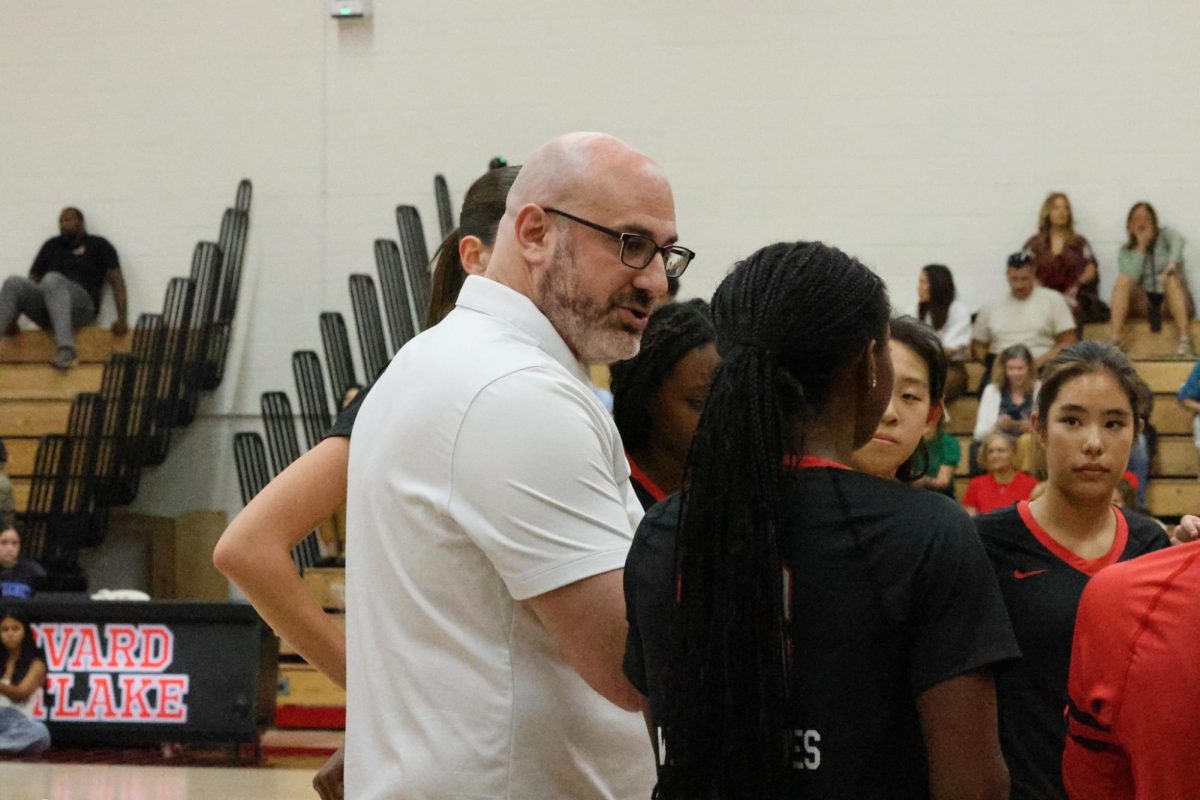By Saj Sri-Kumar
Despite the school’s effort to recruit the best faculty possible, the administration receives many complaints each year from students about their teachers. Upper School Dean Jon Wimbish said students’ concerns cover a wide variety of topics.
“Students might come to the dean because of something they’ve seen in a class that’s happened over a series of class periods,” he said. “Something they had never experienced before with another teacher or it’s a quizzing or test method, or comments that were made in class. I’ve had students approach me about comments on papers. I’ve even had students say ‘You were an English teacher. Do you think this is a B- essay?’”
Most often, Wimbish said he encourages students to talk to their teachers directly if they have a concern.
“It is, I think, potentially very personally rewarding to have one-on-one conversations where you are working through conflict,” he said.
Head of Upper School Harry Salamandra also said it is important for students to voice their concerns to their teachers.
“If for some reason it’s not working in the classroom, I can’t believe there is a teacher at our school that wouldn’t want to know what isn’t working for a particular student,” Salamandra said.
Head of School Jeanne Huybrechts said that new teachers often receive a higher number of complaints than returning ones.
“They’ve been in a different community with a different set of standards, a different way of working with students, a different way of teaching,” Huybrechts said. “In some situations they haven’t understood what the expectations are. It’s a lot coming into a new school. Five classes, new colleagues, new place, you don’t always get it right the first time around. I would say it happens a third of the time with a new teacher. Something just doesn’t seem to be perfect the first year.”
Wimbish said he disagreed with students’ and parents’ belief that voicing concerns directly to a teacher would lead to revenge on a student’s grade.
“We don’t have teachers who go down the path of retribution against students,” Wimbish said. “I don’t think anyone’s out to get students. I’ve had some nasty parent calls [when I taught English] — you just don’t take it out on the kid.”
If the deans find a pattern of complaints about a particular teacher or course, Wimbish said it might be brought to the department chair or Salamandra, who may work with the teacher to address the issue.
One common criticism that Wimbish said he receives from students is that they feel that no action is taken as a result of their complaint. However, he said that when intervention is required with teachers, students aren’t notified of the result and may therefore feel dissatisfied.
“That’s a personnel issue that we don’t report back to students,” he said. “Conversations are being had that students aren’t necessarily made aware of. I hear from students ‘I said this, but nothing ever happened.’ Well, that may or may not be true.”


































